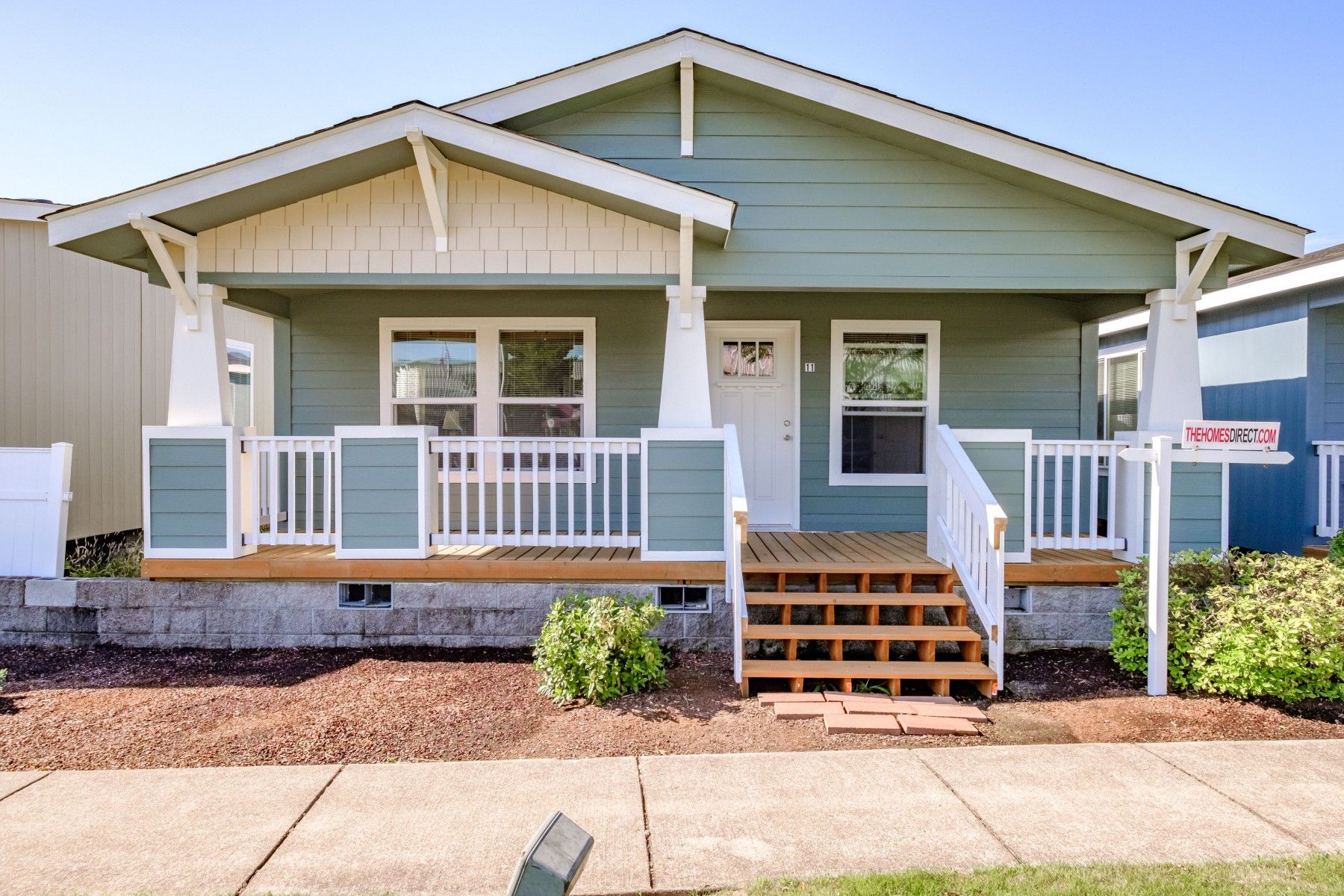By Gary Fleisher
Manufactured HUD (U.S. Department of Housing and Urban Development) homes are emerging as a powerful solution to the housing crisis plaguing many communities across the nation. Their potential to alleviate this crisis becomes all the more apparent when we envision a future where these homes are embraced in every residential zoning neighborhood. Here are just some of the myriad benefits and considerations associated with this idea.

All photos – Palm Harbor Homes
Affordable Housing Solutions
One of the most compelling aspects of manufactured HUD homes is their affordability. These homes often come at a fraction of the cost of traditional site-built houses. By permitting them in all residential zoning neighborhoods, we can significantly expand the availability of cost-effective housing options. This, in turn, has the potential to mitigate the affordability crisis faced by countless individuals and families on tight budgets.
Rapid Construction
Manufactured homes are born in a controlled factory environment, resulting in expedited construction timelines compared to conventional building methods. This swift construction process offers a compelling solution for meeting the ever-growing demand for housing. It’s an efficient way to address housing shortages and expedite the availability of much-needed dwellings.

Sustainability and Efficiency
Modern manufactured HUD homes are designed with a keen focus on sustainability and energy efficiency. These homes incorporate eco-friendly features and materials that not only reduce energy consumption but also align with the broader push for environmentally conscious housing solutions. Sustainable designs translate into lower utility bills for homeowners, making manufactured homes even more attractive.
Customization and Variety
Manufactured homes today offer an impressive array of design options and layouts. Allowing them in residential zoning neighborhoods promises to infuse diversity into housing styles and sizes. This diversity ensures that manufactured homes can cater to a broad spectrum of housing needs within the community, accommodating various preferences and family sizes.
Infrastructure and Community Benefits
Beyond the individual benefits, embracing manufactured HUD homes brings substantial economic advantages to local communities. The construction and placement of these homes can stimulate job creation within the construction industry, thereby boosting the local economy. Moreover, the expansion of housing options often leads to increased property tax revenues, offering an enticing financial incentive for municipalities.

Aging Population and Accessibility
Manufactured homes can be customized with accessibility features tailored to an aging population. By allowing these homes in residential neighborhoods, communities can better cater to the needs of elderly residents who may require housing equipped with features such as wheelchair ramps and grab bars.
Flexibility in Land Use
The integration of manufactured HUD homes into residential zoning neighborhoods can maximize land utilization. In areas where space is at a premium, especially in densely populated urban environments, these homes can efficiently use available land while still delivering comfortable and affordable housing options.
Disaster Resilience
Manufactured homes often adhere to stringent safety standards, including resistance to hurricanes and earthquakes. In regions prone to natural disasters, these homes can serve as a cost-effective and resilient housing solution, providing safety and security for residents during challenging times.
However, it’s vital to acknowledge the challenges and concerns that may arise from the widespread adoption of manufactured homes in residential neighborhoods. These issues could encompass negative perceptions about the quality of these homes, zoning regulations, community resistance, and the need for adequate infrastructure and services.
To realize the potential benefits of integrating manufactured HUD homes into all residential zoning neighborhoods, policymakers, local governments, and communities must collaborate. A balanced approach that addresses these concerns while leveraging the advantages of affordable housing, sustainability, and improved neighborhood inclusivity can pave the way to solving the housing problem and fostering thriving, vibrant communities.
.



